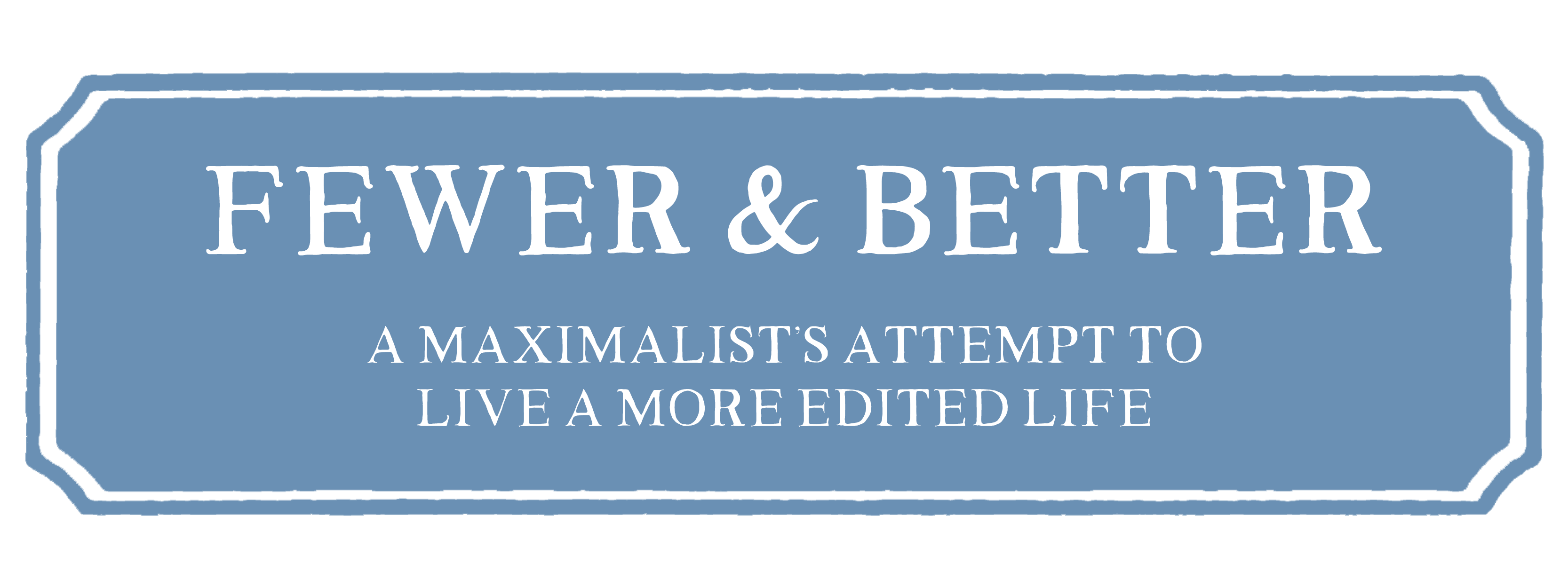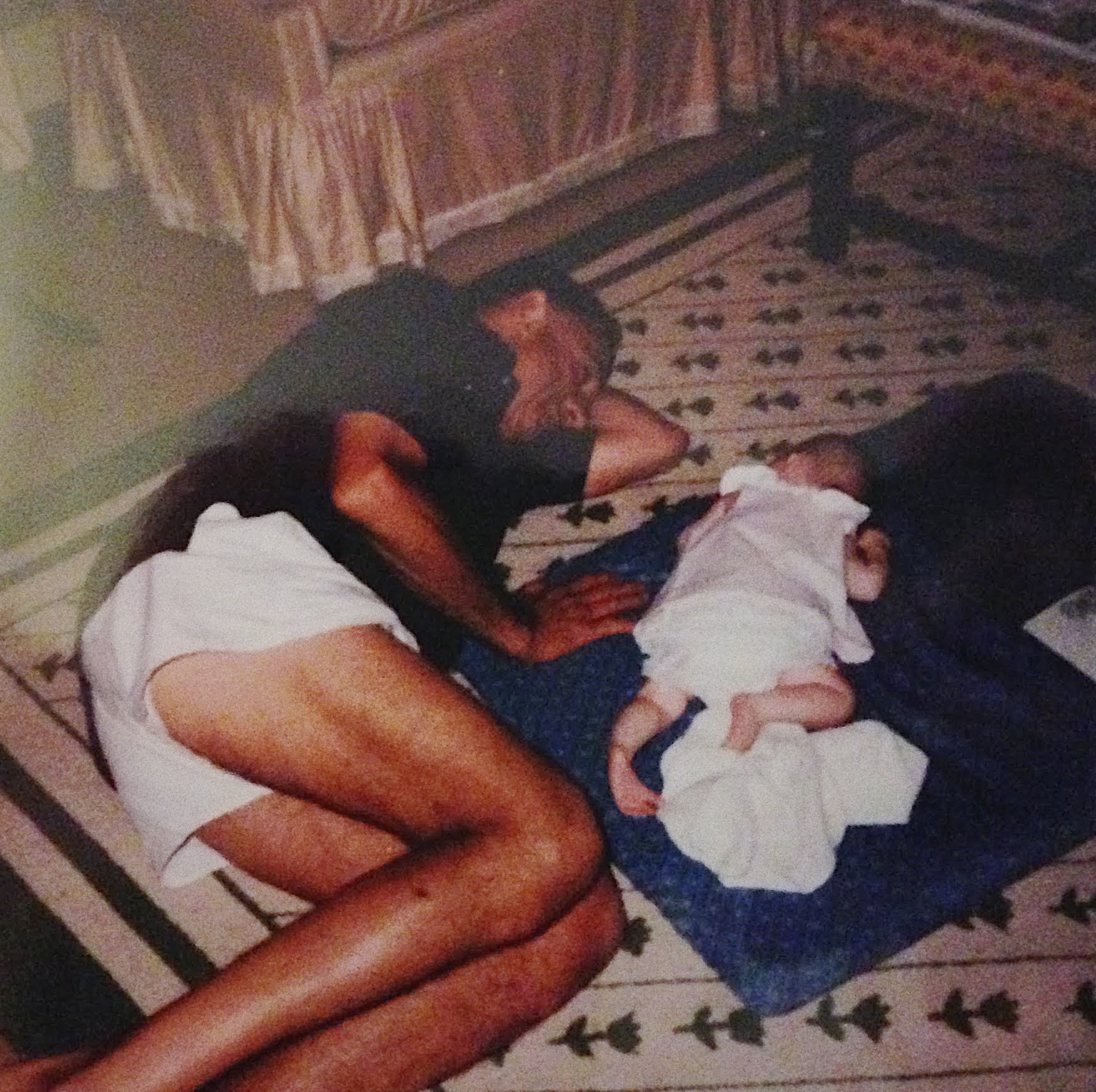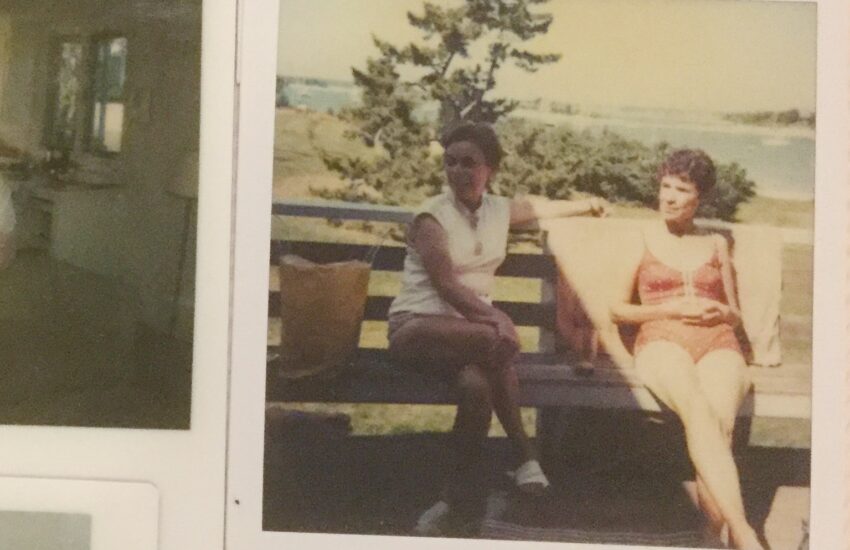Rites of Passage
I lost my last remaining grandparent, my paternal grandfather, on Thanksgiving. He was ninety-four years old and had led a long, healthy, and active life. I feel grateful to have had a close relationship with him, and to have had him in my life for so long.
In thanking a family friend for her condolences, my aunt wrote, “We are the older generation now.” It struck a chord with me. My grandfather was one of the last of his generation and group of friends in our town. It’s strange to think that those days are almost gone forever now.
I’ve written a little about my paternal grandparents here. They were some of the “trend setters,” as friends described them, of the North Shore. They were famous for entertaining (here are some wonderful snapshots of a fundraiser they hosted for the Boys & Girls Club at their home) and were always active and vibrant people. I feel lucky to have known them, and lucky they were my grandparents. I’m glad they are remembered with such fondness by so many. “A gent,” a family friend wrote. “He taught me how to make the perfect whiskey sour at one of their Christmas parties. I think of him every time I make one,” said another. “He was such a character (I mean that in the best possible way),” said a third.
But the comment I keep thinking of is my aunt’s–“we are the older generation now.” And it’s true. My parents’ generation have become the older generation, and my generation has moved up too, to being the middle. We’re no longer the younger generation, the children. We’re the ones who take care of others now.
I’ve felt somewhat like this for a long time in any case, since my mother passed away. Once you lose a mother, there isn’t anyone there to take care of you any longer. You lose something so concrete, so significant, in both the loss of the person and the loss of that particular role. But the passage of time, the shift from one part of life to another, wasn’t fully complete. I was in a liminal state between child and adult.
Liminality, and liminal states, are heavily researched and studied in anthropology–the moments of being midway through a rite of passage, no longer being the person you were, but not yet the person you were become. And now I feel as though, with my grandfather’s passing, this passage is complete, that I’m no longer the child, I’m no longer the person I was.
It’s strange to think of, to acknowledge and accept–more so than just the loss of someone who meant so much to me. It’s a less particular grief, in that it’s prompted less by the individual who is lost–and a great loss, a loss of ninety-four years of experience and personality and stories and love–than the state of being that is lost, irrevocably, completely, permanently. There is no defined rite of passage in our culture for this, unlike the rituals surrounding the passing of a loved one. Maybe it would be easier to navigate if there was.




Such a poignant post…and you are so accurate. Condolences for your loss!
Thank you so much ❤️
What a thought-provoking post. I’ve felt this shift in my own life and family — where “children” become parents, the second generation now the eldest of the clan.
The lacking rituals in U.S. culture can leave us ungrounded and floundering. I deeply appreciate this candid, thoughtful post.
Lastly, condolences on the loss of your grandfather. He and your grandmother embodied such a wonderful lifestyle and generation, now mostly gone. It’s generous of you to share this with us. The picture of you two is just sublime. Such sweetness. Lots of love. XXO
It is interesting to me to see differences in rituals across cultures; I wish that there was a more concrete way to navigate this time. Thank you so much–he was a profound influence on me XOXO
Sarah, please accept my condolences on your loss.
Your post is so timely. I am in Ireland at the moment, helping as much as I can as my family acknowledges my father’s need for a long-term nursing home after a steady decline in memory and mobility. We are dealing with mountains of paperwork, making phone calls, and keeping in touch with my father in hospital by phone because no visitors are allowed thanks to new restrictions here. He has been in hospital for 4 weeks. My siblings and I are old enough to be our parents’ caretakers, but it is a difficult adjustment to see them so diminished.
In Ireland, we have many rituals around death, a result of our extremely dark history. These are comforting. In the year of the death of a family member, we do not send Christmas cards, and there is an enormous understanding of this within our communities. Retiring from an active social life for a period of time is encouraged although small gatherings mean that no one ever feels lonely or left out. Traditions are kept or disregarded as needed, enough to celebrate the person without feeling that we are mourning them. Treading gently, our extended family and friends keep us cocooned for as long as we need.
Grief is a difficult journey. Often, we cannot comprehend the depth of our loss. Self-care is so important, but it takes a backseat. Please be kind to yourself.
Thank you so much, Melanie, and I’m so sorry to hear about your father. My mother passed away four years ago after a more than thirty-year struggle with multiple sclerosis, so I know the difficulties surrounding arranging long-term care for a parent, as well as the emotional toll. You have my sympathy, and if you need a friendly ear, I’m here! I’m so sorry that you and your siblings are dealing with this during covid.
I have spent a good deal of time in Ireland (I spent two summers living in Clare when excavating a ringfort), and I’ve remained close with many of my Irish friends. I am always in awe of the deep traditions that have persevered despite many upheavals–both recent and more historical–and the ties of community. I wish that some of the traditions that were such a part of other cultures were incorporated into American culture today.
I am thinking of you and your family! Please be kind to yourself too; I know how difficult it is on every level to take care of a parent. xo
I am so very sorry for your loss, Sarah. You describe so well what many of us are experiencing.
Thank you so much, Judith.